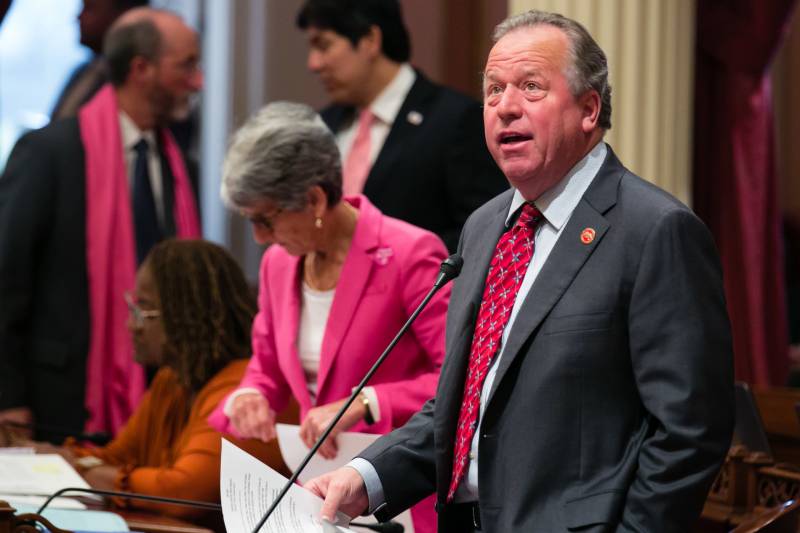A push to legalize sports wagering in California through a November 2020 ballot measure has been abandoned, supporters announced on Monday.
The sports gambling proposal, or Senate Constitutional Amendment 6 (SCA 6), could have added California to the growing list of states that permit gambling on sporting events. But provisions in the measure that tackled thorny issues around state gaming laws drew fierce opposition from many of the state's Indian tribes, which own and operate lucrative casinos throughout the state.
"We were running out of time," said Sen. Bill Dodd (D-Napa), the bill's author, in an interview. "The reality is there’s a lot of players involved when you talk about gambling in the state of California. We just couldn’t get all the interests aligned and the votes that we needed in both houses in a timely manner."
Dodd and Assemblyman Adam Gray (D-Merced) worked on the sports wagering proposal for more than a year, after a 2018 U.S. Supreme Court decision opened the door for states to legalize and regulate sports gaming.
The framework they introduced last month would have accomplished that through a November ballot measure. SCA 6 would have created a 10% tax on wagers placed in-person at tribal casinos and horse race tracks, and a 15% tax on bets placed online — where the vast majority of betting action takes place across the country.

